There is a version TagLib that was ported to a portable class library (PCL) version that can be referenced by a Windows Forms and used to extract that information.
I referenced the PCL version TagLib#.Portable which is available via Nuget at TagLib.Portable
From there is was a simple matter of opening the file and reading the desired information.
class Example {
public void GetFile(string path) {
var fileInfo = new FileInfo(path);
Stream stream = fileInfo.Open(FileMode.Open);
var abstraction = new TagLib.StreamFileAbstraction(fileInfo.Name, stream, stream);
var file = TagLib.File.Create(abstraction);//used to extrack track metadata
var tag = file.Tag;
var beatsPerMinute = tag.BeatsPerMinute; //<--
//get other metadata about file
var title = tag.Title;
var album = tag.Album;
var genre = tag.JoinedGenres;
var artists = tag.JoinedPerformers;
var year = (int)tag.Year;
var tagTypes = file.TagTypes;
var properties = file.Properties;
var pictures = tag.Pictures; //Album art
var length = properties.Duration.TotalMilliseconds;
var bitrate = properties.AudioBitrate;
var samplerate = properties.AudioSampleRate;
}
}
